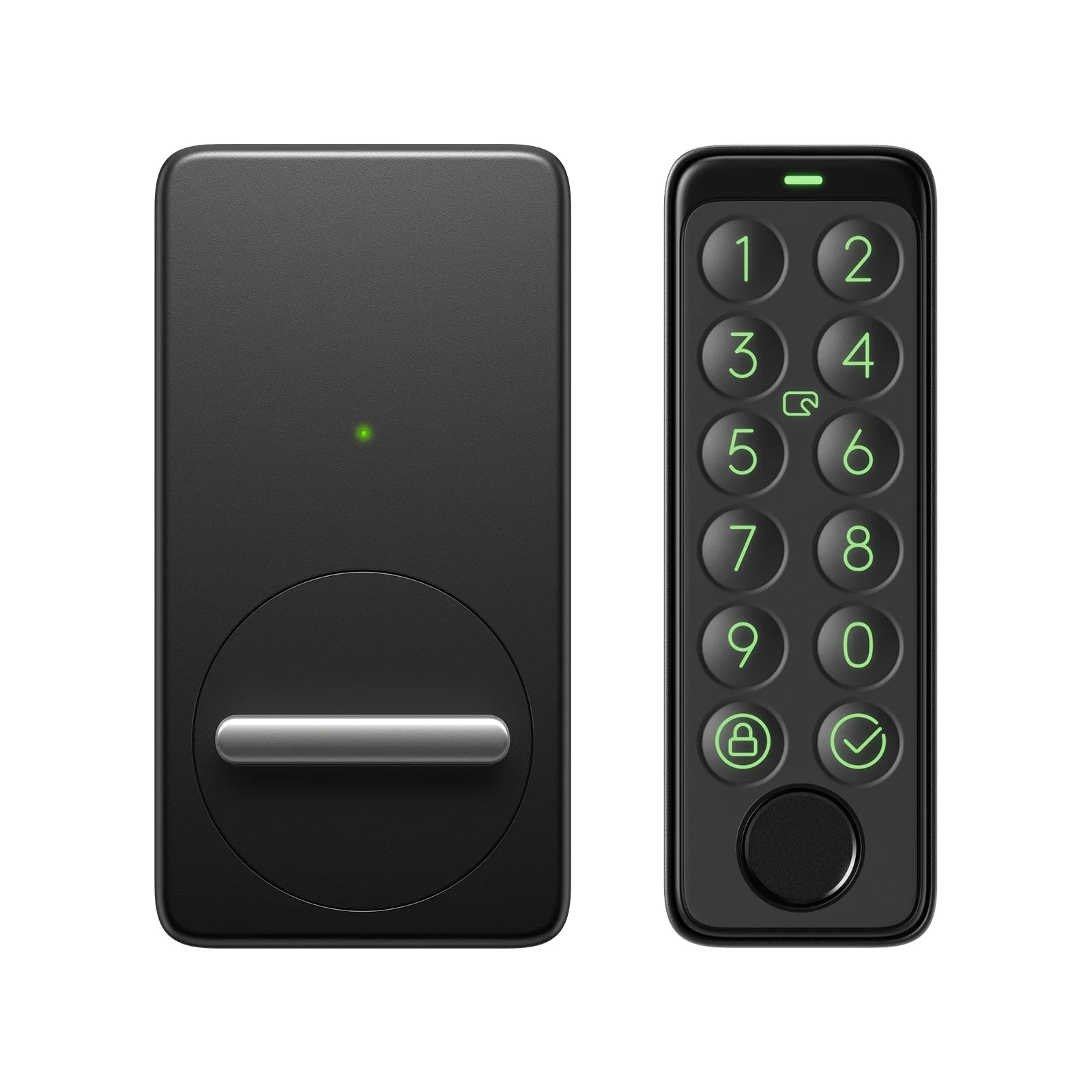How Smart Home Lock Technology is Revolutionizing the Residential Security Sector
Body
In recent years, the residential security sector has undergone a significant transformation due to the emergence of smart home lock technology. This innovative technology has revolutionized the way homeowners secure their properties, offering a wide range of benefits and capabilities that were previously unimaginable. From enhanced convenience to improved safety, smart home lock technology is reshaping the residential security landscape in profound ways.

The Evolution of Home Lock Technology
The traditional lock and key system has long been the standard for residential security. However, with the advent of smart home lock technology, this age-old system has been given a modern and sophisticated upgrade. Smart locks are designed to be integrated with home automation systems, allowing homeowners to remotely control and monitor their locks via smartphone apps or voice commands. This level of connectivity and convenience has redefined the concept of home security, providing homeowners with unprecedented peace of mind and control over their properties.
Enhanced Security Features
One of the most significant ways in which smart home lock technology is revolutionizing the residential security sector is through its advanced security features. Unlike traditional locks, smart locks offer multiple layers of authentication, such as biometric recognition, PIN codes, and digital keys. This multi-factor authentication significantly enhances the security of residential properties, making it much more difficult for unauthorized individuals to gain access. Additionally, smart locks can send real-time alerts to homeowners' smartphones, notifying them of any suspicious activity or attempted breaches. This proactive approach to security empowers homeowners to take immediate action in the event of a potential threat.
Convenience and Accessibility
Another key aspect of smart home lock technology is the unparalleled convenience and accessibility it provides to homeowners. With smart locks, there is no longer a need to carry around bulky keychains or worry about losing keys. Homeowners can simply use their smartphones to lock and unlock their doors, granting access to trusted individuals remotely. Furthermore, smart locks can be integrated with other smart home devices, such as security cameras and motion sensors, creating a seamless and interconnected security ecosystem. This level of convenience and accessibility not only simplifies the daily lives of homeowners but also enhances the overall security of their properties.
The Future of Residential Security
As smart home lock technology continues to advance, the future of residential security looks increasingly promising. The integration of artificial intelligence and machine learning algorithms into smart lock systems is poised to further enhance their capabilities, making them even more adept at identifying and mitigating potential security risks. Additionally, the widespread adoption of smart home technology is driving down costs and making these innovative security solutions more accessible to a broader range of homeowners. With the continued evolution of smart home lock technology, residential security is entering a new era of unprecedented safety, convenience, and peace of mind.










Comments